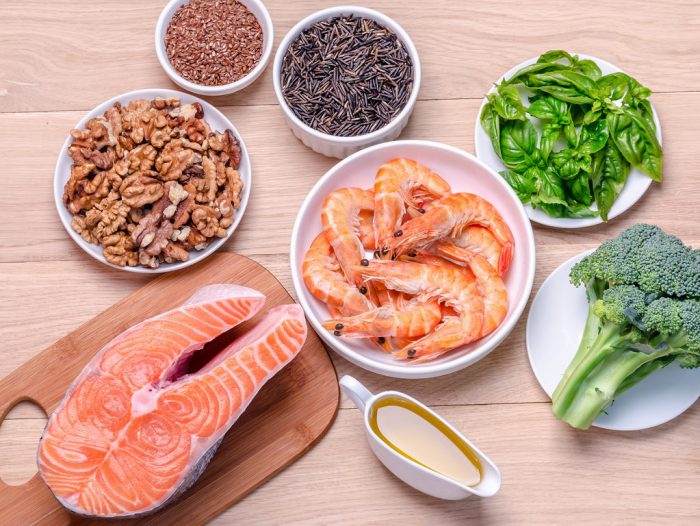Omega-3 fatty acids in fish could help people when it comes to the chances of survival for colon cancer. Does that sound fishy? Well, it’s not, according to a new study led by a researcher at the Massachusetts General Hospital in Boston.
The odds of survival for colon cancer patients could be improved a little by consuming higher amounts of omega-3 fatty acids, found mostly in oily fish, like salmon, mackerel, trout, and tuna. The scientists conducted the study on almost 1,700 American adults who have colon cancer. It was an observational type of research, which means that it did not prove cause and effect for the omega-3 acids.
The patients did indeed seem to benefit from consuming oily fish, and their chances of survival for colon cancer went up.
41 percent more chances of survival thanks to omega-3 fatty acids in fish
“We have long suspected the health benefits of omega-3 fatty acid supplementation,” said Dr. Jules Garbus, a colorectal surgeon at Winthrop-University Hospital in Mineola, N.Y. “This study begins to show a correlation between healthy living and reducing death from colorectal cancer.”
The research team tracked the 1,659 people diagnosed with colon cancer for ten years over several follow-up consultations. 561 of the patients died. Of these, 169 died of colon cancer, while 153 people succumbed to heart disease and 113 patients died of other types of cancer.
Patients who consumed at least 0.3 grams of omega-3 fatty acids in fish, every day, after their diagnosis, were 41 percent less likely to die of that disease. That as opposed to those who had 0.1 grams every day.

The reduced risk was also associated with food and fish oil supplements, but the latter was a very rare occurrence in their diets. The ones who recovered the most were taller and relatively thin. They also did not take aspirin regularly.
If you increase your omega-3 intake with at least 0.15 grams per day after you get a colon cancer diagnosis, you have a 70 percent lower risk of dying from the disease. If you reduce your daily intake, the odds are worse by 10 percent.
Another specialist, Dr. Arun Swaminath, from the inflammatory bowel disease program at Lenox Hill Hospital in New York City, debates the validity of the results and the connection between eating fish rich in omega-3 fatty acids. He mentions that another study on the acids, concerning the relationship to heart disease, was debunked. “If this association does turn out to be true, then it will be great for patients,” he said. “And I see little downside to adopting this strategy.”






